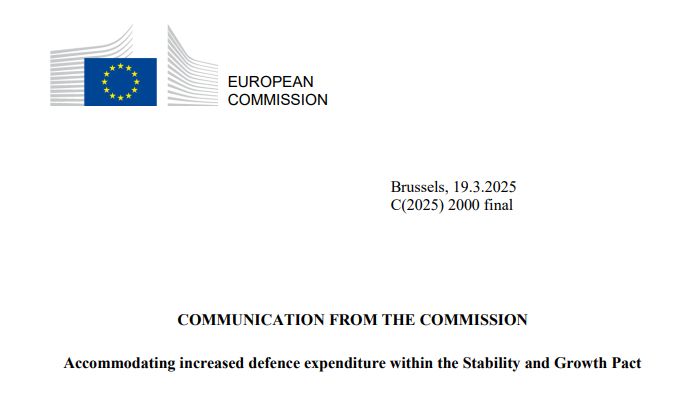https://lennardwelslau.github.io/
Warum? Stay with me:
Warum? Stay with me:
Here is why:

Here is why:


@nilsredeker.bsky.social und ich haben uns das im Detail angeschaut und kommen zum Ergebnis: Die Regeln lassen systematisch Spielraum für eine Reform. Aber er ist an Voraussetzungen geknüpft.
Thread:






